Blockchain is revolutionizing the world on a level that we haven't seen since the dawn of the internet.
The internet gave us infinite digital reproduction.
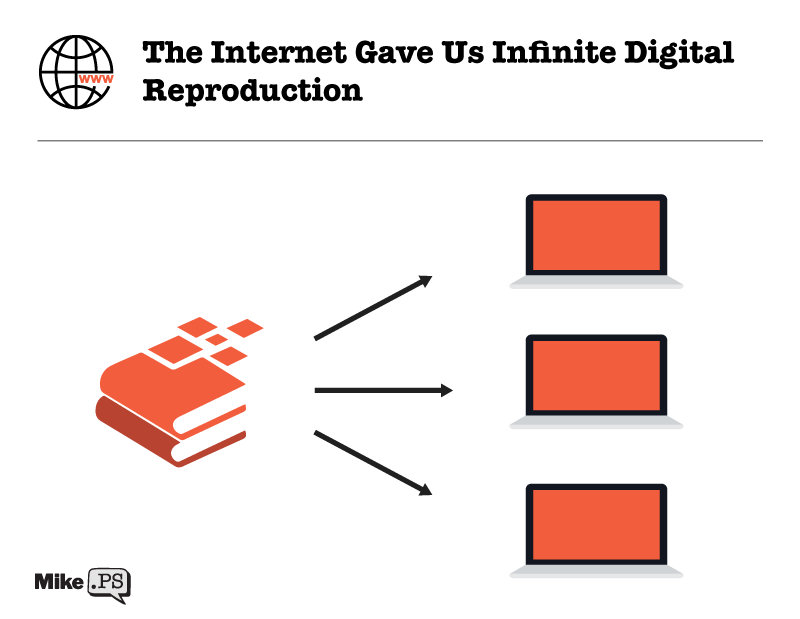
Blockchains give us digital scarcity.
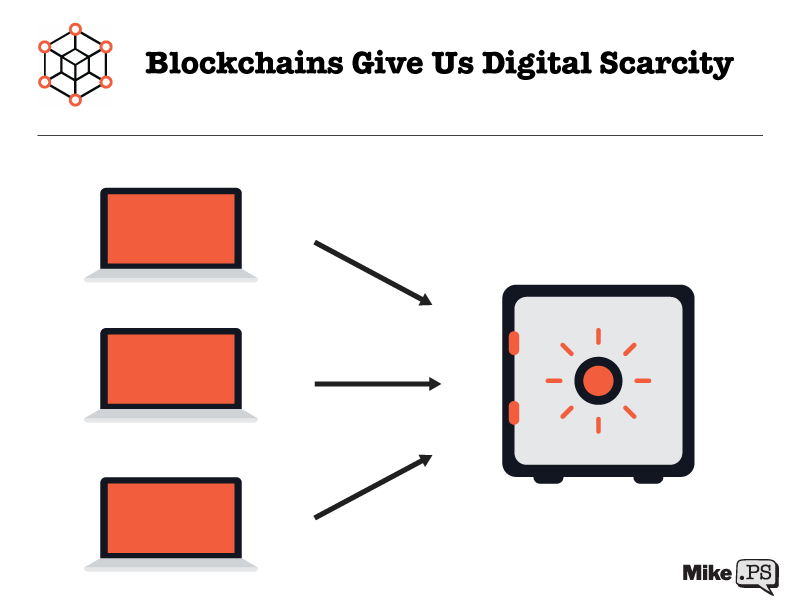
In the early days of the internet, it was not obvious how a network of computers using an open set of protocols could be a revolution or what the use-cases could be.
Explaining why the internet was important in the 90s was really hard to do.
- Techie: "The internet is going to change everything!"
- Normie: "What is internet?"
- Techie: "It's a global system of computer networks that is completely decentralized"
- Normie: "Ummmm how does that change everything?"
- Techie: "Because it's an open protocol. It has no central governing body. Anyone can access it and share information. It will allow us to invent ways of collaborating we can't even imagine."
- Normie: "But what is it?"
- Techie: "A system for sharing data. For example one protocol built on the internet allows computers to publish written pages in hypertext markup language. You could make a phone book or write a recipe and someday much more."
- Normie: "How do I share things on internet?"
- Techie: "Well you need to turn your computer into a server so it can serve information to other people using computers. Then turn your content into a webpage by writing it in a language called HTML and make your computer serve that HTML when people request it."
- Normie: "Yeah nobody is going to do that."
Today nobody needs to know how a decentralized network of computers functions or how to write code to use the internet. They don't need to know what a TCP/IP protocol is.
But there was a time when the internet was not accessible to anyone who wasn't extremely technical.
Layer by layer, innovation after innovation, the internet has become more powerful and more user-friendly. The average user can use the internet for all sorts of things without ever coming in contact with the technical underpinnings that make it all possible.
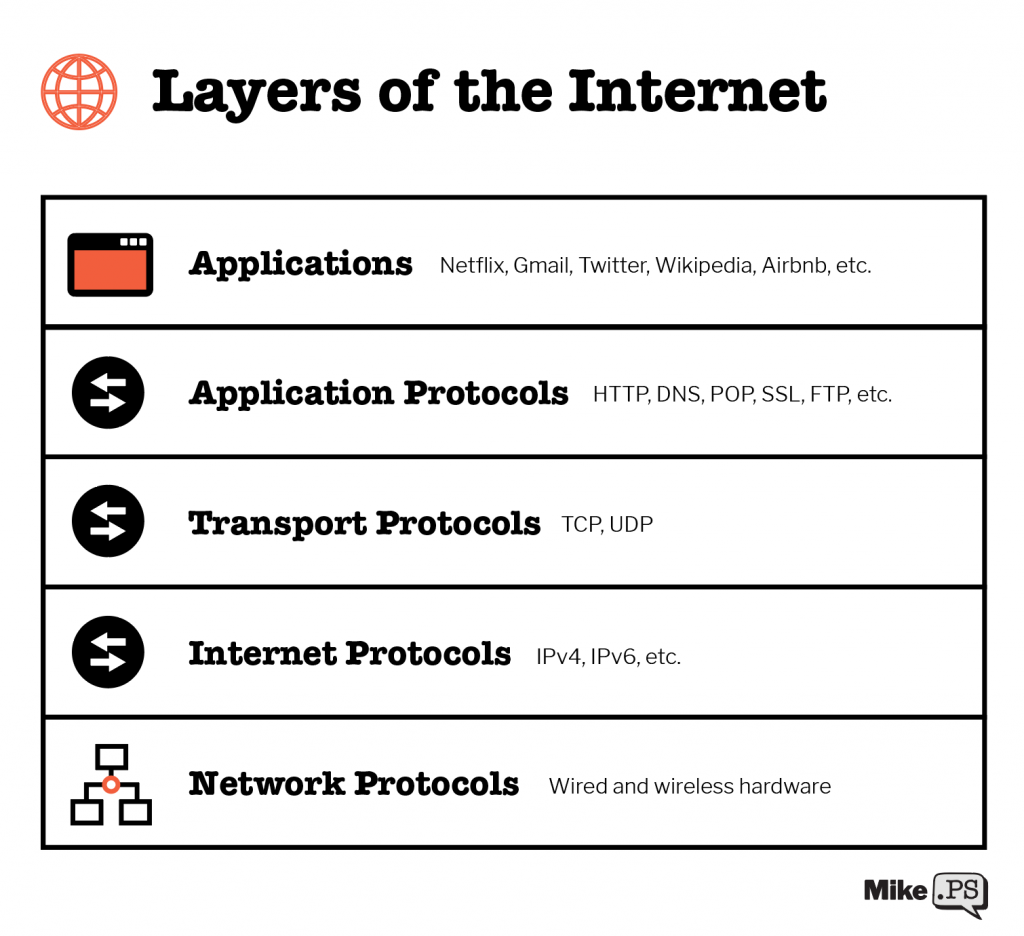
The state of blockchain today is similar to the internet in the early 90s. Most technical people aren't even aware of how blockchains work on a deep level much less the general population. Blockchains are not intuitive or user-friendly yet and the foundations are still being built.
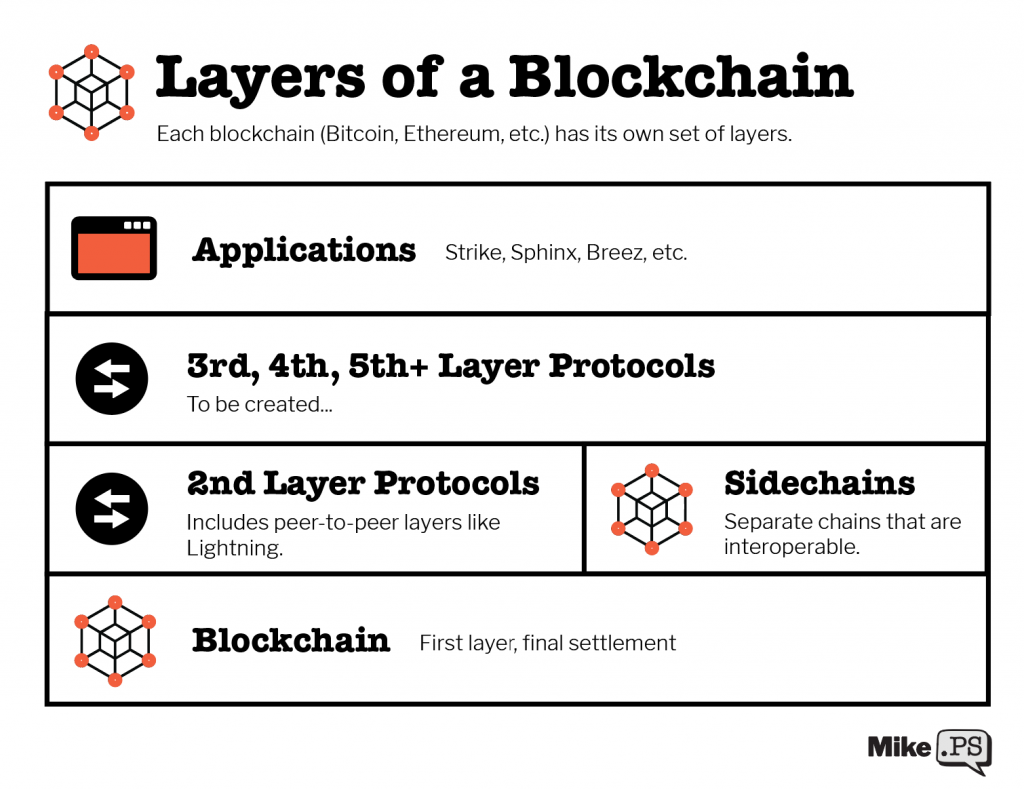
To understand how blockchains will change the world, it's helpful to first consider how and why the internet is a world-changing technology.
What the Internet Really Is
When we get past the technical jargon of what the internet is - a distributed set of networks and open protocols - the internet is essentially a tool for infinite digital reproduction.
Rather than share content on physical paper or physical mediums (like CDs) we can reproduce and distribute digital content infinitely and instantaneously (like this article you are reading now.)
Infinite digital reproduction also changed software. Rather than share software on physical disks we can reproduce and run code infinitely and instantaneously to anyone in the world. Like running Google docs in your browser as opposed to buying a copy of Microsoft Office at the store and installing it on your computer.
Ultimately, the internet is world-changing because it creates and democratizes efficiency in digital reproduction.
Said another way, the internet solves cost and permission problems...
The Internet Removes Cost and Permission
Mass distribution of software and information is really easy in the age of the internet. I can distribute this article to 1 million readers for about the same amount it would cost to distribute to one.
What would I have to do to get information or software to 1 million people before the internet?
Well once you have your content or software you could print 1 million books or 1 million CDs. This requires substantial cost and the permission of those who own factories capable of mass scale.
Once you have your 1 million copies you still need distribution. You need some way to get in front of 1 million potential customers, sell them, and deliver your product.
You would need permission and help from stores to stock your product on their shelves, TV or radio networks to promote you to their audience, and possibly access to a mail delivery network like the post office or FedEx.
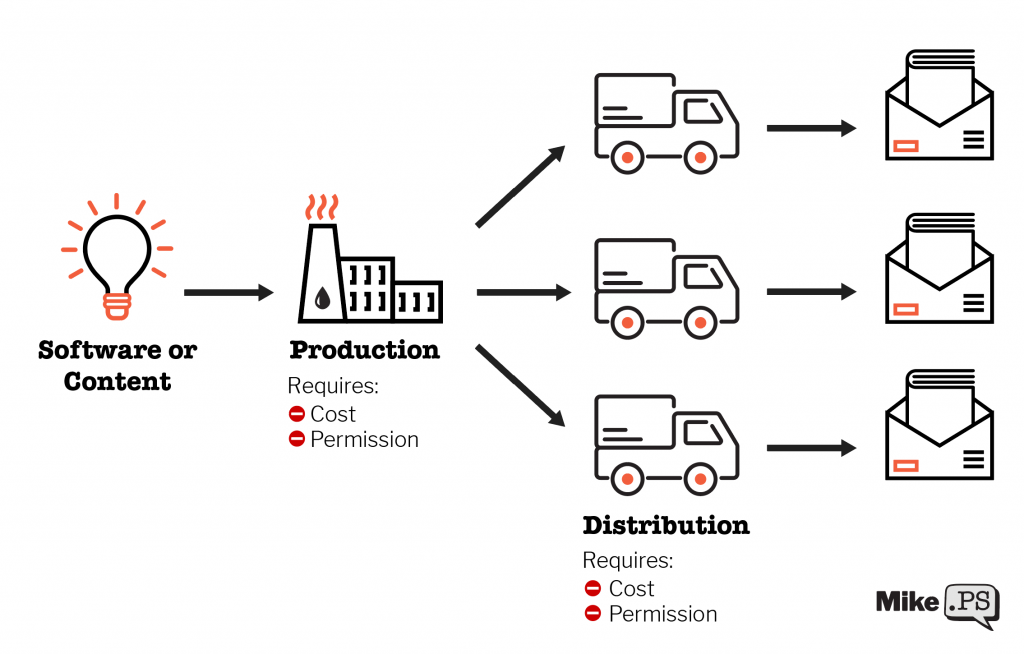
Every step requires a lot of money. This is because the distribution of knowledge or software through physical materials is inefficient. Inefficiency causes high capital requirements which leads to private gatekeepers, who require permission and high cost to access.
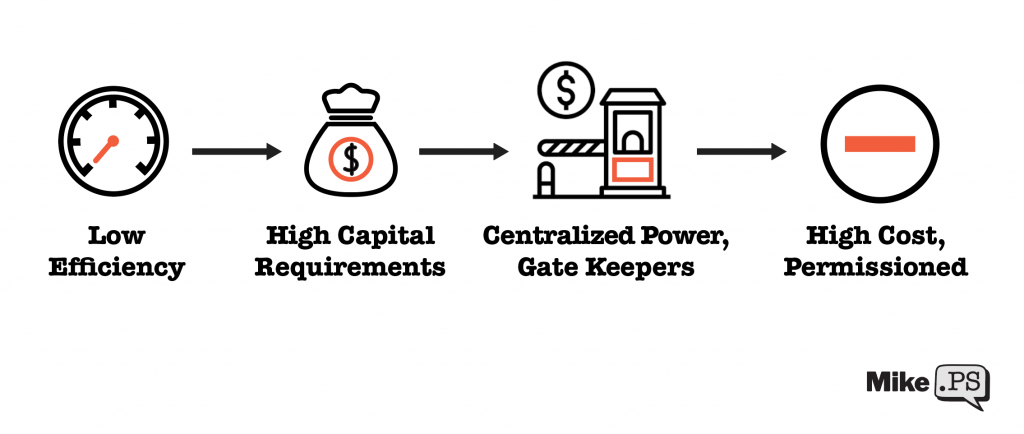
To get away from the cost problem we need a means of creation and a distribution network that is highly efficient.
To get away from the gatekeeper permission problem we need that efficient distribution network to be open and decentralized.
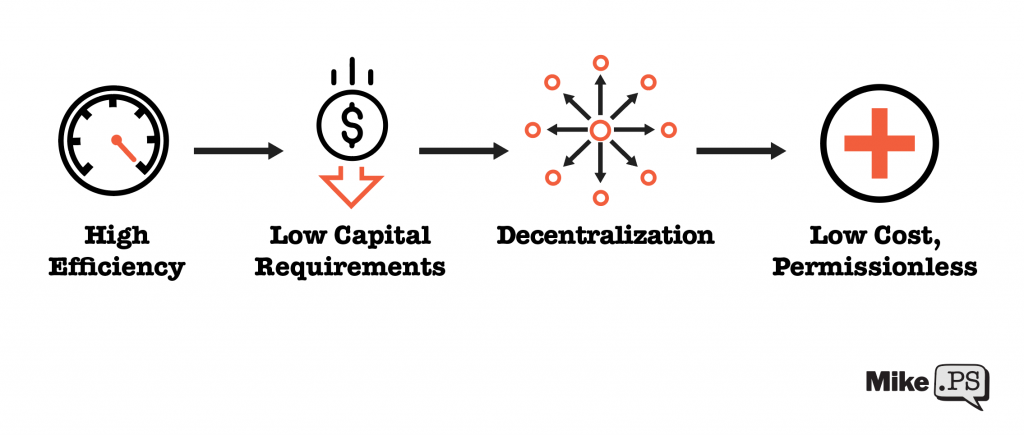
If the power of a network is concentrated then it can and will be controlled. So by definition, a network that is free and open must be distributed.
The democratization of low-cost and permissionless digital reproduction has triggered a Cambrian explosion of innovation, change, and economic growth that is still in full force today.
Anyone can succeed on the internet. We don't need some big shot network's permission to publish our work. We can create content or write code that can be instantly and infinitely executed or consumed by anyone on earth.
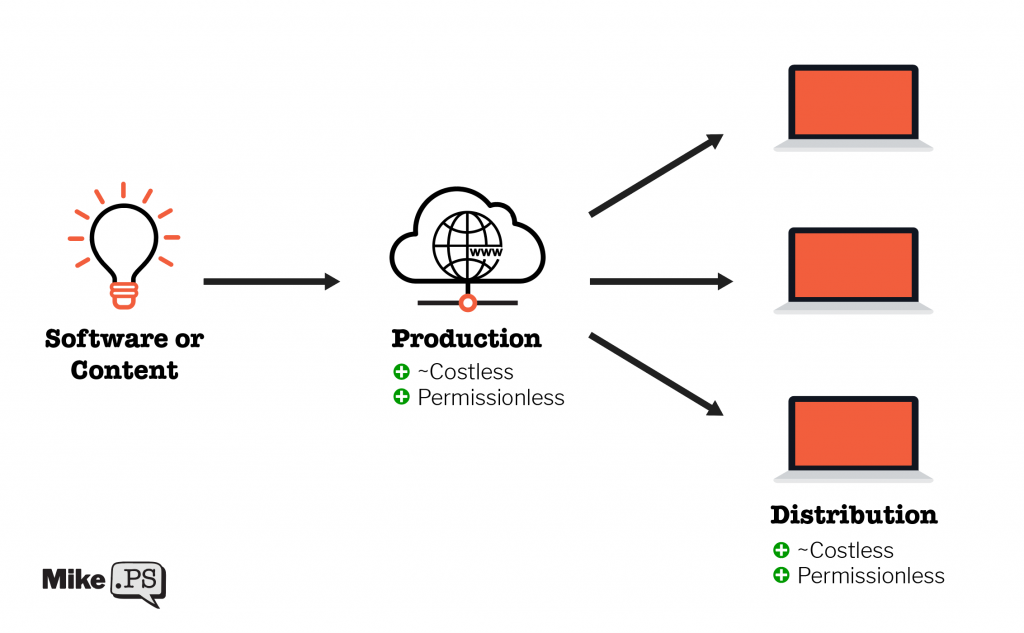
Blockchains Also Remove Cost and Permission
The internet allows any two individuals to transfer data without permission from any central authority. Blockchains do the same for value.
Like the internet, blockchains bring dramatic improvements to efficiency and openness.
Where the internet removes cost and permission for digital reproduction, blockchains remove cost and permission for the exchange of value and the contracts that govern those exchanges.
Any exchange of value is facilitated by contracts, transactions and records. These are the building blocks of our economic, legal, and political systems. Yet they are extremely inefficient and costly.
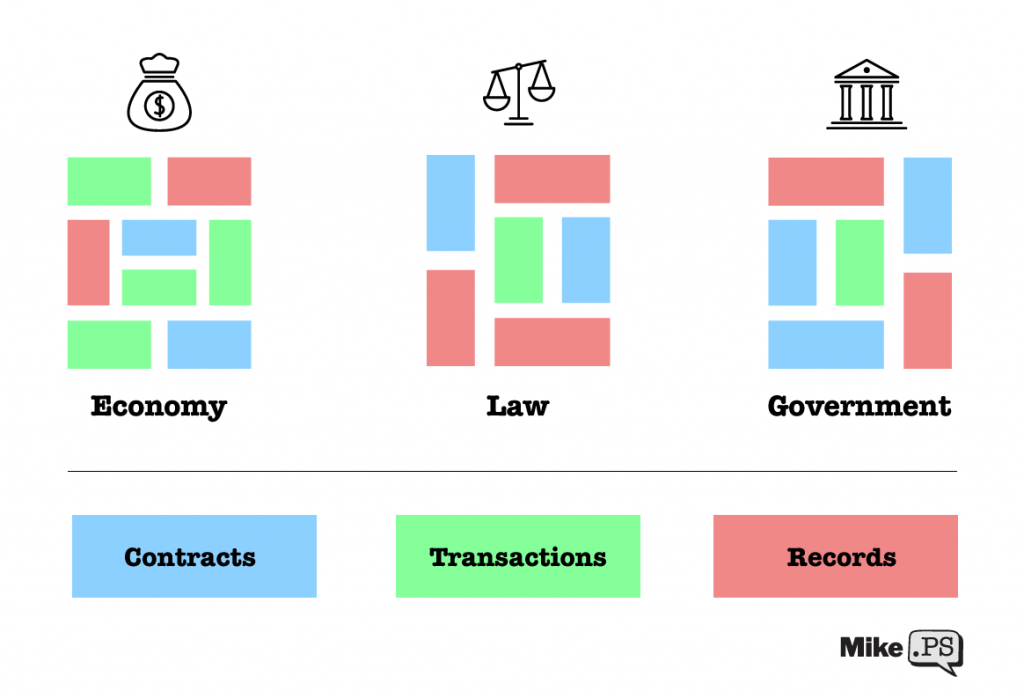
The problem comes down to cost and trust. For example, if I want to sell my house to you then trust is required on both parties.
If you hand me several hundred thousand dollars, you need to trust that I will then assign you the deed to my house. Or if I was to go first and assign you the deed to my house, I would need to trust that you will then hand over several hundred thousand dollars.
If we don't trust each other then we need to trust a third party like an escrow service. You can hand them the cash and I will assign the deed and then they will distribute the cash to me.
If all else fails we need to trust that the government and our judiciary system will bring justice should someone break their contractual obligations in a value exchange. No matter what, any exchange of value in our current system requires trust in the other party or a third party.
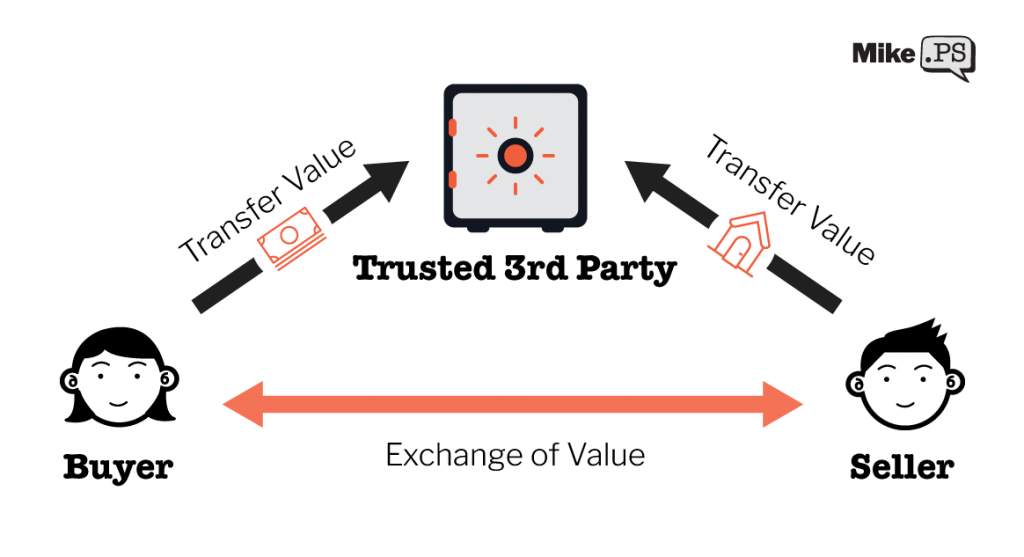
The cost of escrow services, lawyers, paperwork, and enforcing the law should a contract be broken is enormous. High costs lead to a centralization of power and when power is centralized, the holders of that power become gatekeepers which means you also need their permission to transact.
Blockchains enable the exchange of value and facilitate the contracts and records of those exchanges in a trustless, permissionless, and low-cost way.
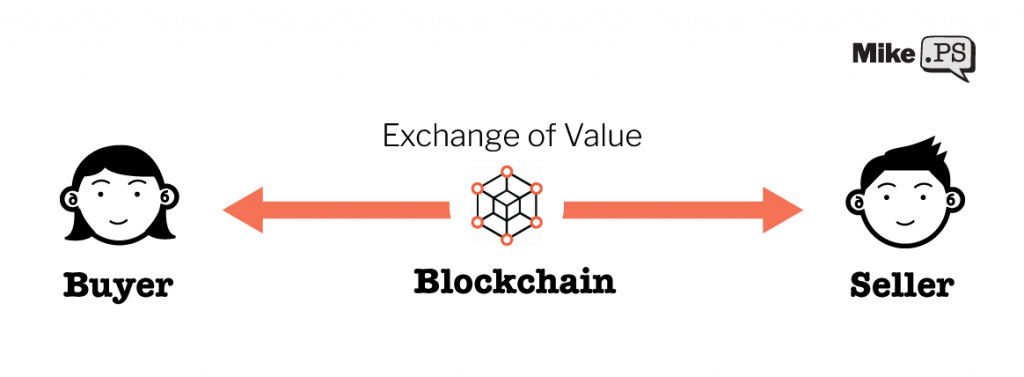
Blockchains enable the creation and efficient allocation of scarce resources. One day, blockchains will replace networks with markets. This new evolution of the internet will become widely accepted as web 3.0.
Why the Internet is Not Well Suited for Digital Scarcity
The balance listed on your online bank account is simply a representation of value and not the value "tokens" themselves. Historically it has been impossible to truly store value digitally because you can copy information infinitely. This is called the double-spend problem. If you can read the information you can also copy it.
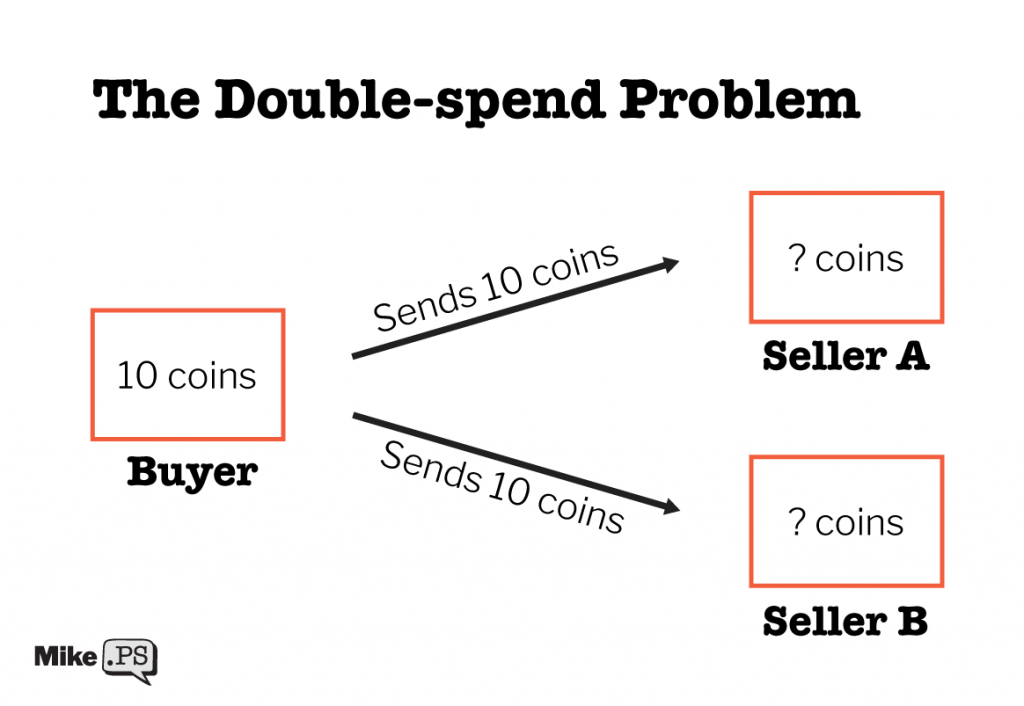
You cannot have a token in the digital realm that can't be copied. Computers are just copying machines so digital scarcity was an oxymoron before blockchains.
Historically we found scarce physical artifacts to represent value like gold coins. Since you cannot copy them, you cannot double-spend them, so gold coins speak for themselves. If you are in possession of a gold coin then you are in possession of stored value and you can go to society and redeem it for whatever goods or services you want.
Doing this in the digital realm requires a trusted 3rd party because of the double-spend problem that digital information creates.
This is why it takes so much time to simply transfer money from one bank account to another, especially overseas.
Blockchains Overcome the Double-spend Problem
Blockchains like Bitcoin overcome the double-spend problem without the need for a trusted 3rd party like a bank.
Before we talk about how this is possible, it's helpful to first define money.
If you think about it, money is a contract with the future. Or as Naval Ravikant puts it, money is social credits. When you provide value to society, society gives you an IOU.
So money is an information system for labor allocation. It tracks who owes people what. Think of it as debits and credits of other people's time.
So in order to track who owns what, blockchains need to maintain a historical record of every transaction up to the present day. Transparency of this complete record is required for a blockchain to be trusted. The alternative would be to trust an opaque central power to tell us who owns what. The historical record on a blockchain is called the ledger.
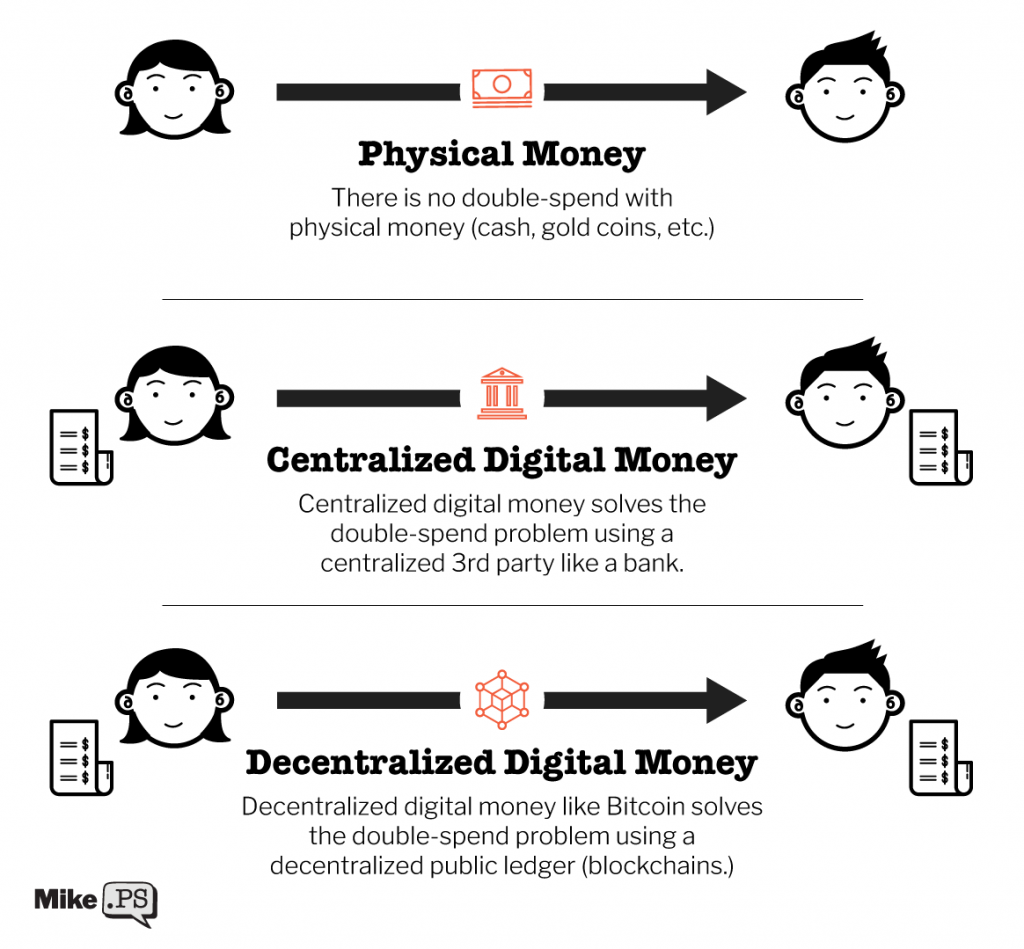
The main idea of blockchain is to not have a central record of the ledger of transactions. Many copies of the ledger are distributed across the world. Every owner of every copy of the ledger records every transaction.
When you want to receive a payment, rather than check with the bank to see if the payer has the funds, you check everyone else's copy of the ledger. And once the payment is made, every other record owner updates their copy of the ledger. Fraudulent charges don't match the ledger and get rejected.
Use Cases for Blockchains
Blockchains solve the problem of getting people who don't know each other and don't trust each other to still be able to unite, cooperate and organize together.
Naval Ravikant put it well: Blockchains bring the ability to utilize markets into any digital domain. Some examples Naval has proposed of markets that blockchains could change include:
Use Case 1: Self Driving Cars
Self-driving cars could bid each other for the right of way on the fly. Cars could "say" to one another "I want that red light to turn green right now, so I bid X coin to make that happen."
Use Case 2: Solar Networks
A network of homes with solar panels could pay into the network with solar power and get paid back out with solar coin.
Use Case 3: Better Cell Phone Networks
Companies like Verizon, AT&T, and T-Mobile are monopolies. We have the ability to stitch together Wi-Fi networks. People make their Wi-Fi networks private but what if there was an incentive to leave them open and join a stiched network of Wi-Fi networks in your city?
If you were walking by a house with an open network your phone might pay a "micro-penny" using some sort of Wi-Fi coin in order to use the network.
Supply and demand mechanics of the market would fill gaps in coverage where people could open up new networks in order to earn more Wi-Fi coin.
Next Up...
The next piece in this series takes a deeper dive into how blockchains work. Get notified when it gets published by signing up for my newsletter here.
PS This guide is really important to me. I've spent hundreds of hours learning, refining thoughts and distilling them down to what you see here. I also update this frequently.
It would be really helpful to me to hear your thoughts. Did this make sense? Are there any parts that could be clearer? Do you have any questions still? You can hit me up on twitter or shoot me a message via the contact page, I'd love to hear from you.

